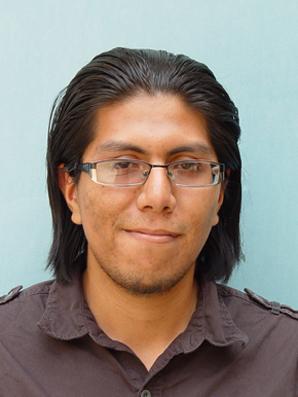The Glendale Community College District’s at-large system of voting creates polarized voting results, potentially barring candidates of certain ethnic backgrounds from being represented, according to two separate studies presented at the Board of Trustees meeting held on March 19.
The original study, done by Redistricting Partners, a firm that provides analysis on districts, found instances of polarized voting throughout elections held in Glendale.
Polarized voting is when a minority group’s voting power is excluded or diminished due to a larger group’s voting patterns.
Requesting more information, the Community College League of California, a nonprofit organization aimed at helping community colleges with educational and logistic issue, contacted Matt Buretta, an analyst and University of Washington associate professor, for further analysis.
“Given the highly charged political nature of the findings so far, the League felt it was a prudent time to have Redistricting Partners’ data and analysis looked at by a fresh pair of eyes,” said Elaine Reodica, regional representative for the League.
Buretto’s analysis confirmed Redistricting Partners’ original analysis results, stating that plarized voting was found in 27 of 30 elections. However, Buretto also added that Glendale’s Latino population was underrepresented, in terms of candidates.
“Because Latinos represent a minority of all voters in Glendale, the degree of racial bloc voting is mathematically prohibitive to Latino ‘candidates of choice’ being elected,” said Buretto in his report.
Despite these results, redistricting isn’t mandatory for Glendale, said Paul Mitchell of Redistricting Partners.
“This analysis is not as very strong in terms of the ability for you to create districts that would influence the outcome of elections,” said Mitchell.
However, Mitchell agreed with Buretto’s findings and suggested that if districts are drawn, they should be tailored to deal with the issue of Latino underrepresentation.
“Both of us believe that the creation of a Latino district would create the opportunity for Latinos to have a better chance to influence the election in that one particular seat,” said Buretto.
Ultimately, the decision to create new districts is up to the college and its lawyers, said Padilla.
“This really is a question of given all this lengthy data, if [GCC] were sued, would [the college’s] attorney be able to defend us as a claim? The attorney’s the one who would be able to answer that question,” said Padilla.
Glendale currently has an at-large system, which means that candidates campaign for election in all of Glendale. Should redistricting take effect, districts would be drawn up according to neighborhoods and local geography, or by neighborhoods alone.
In addition, two sabbaticals were approved for professors Christine Kloezeman and Deborah Robiglio.
Kloezeman will be training to receive three certifications aimed at updating her knowledge in accounting. She will be away from campus starting next fall until the spring 2013 semester.
Robiglio will be conducting research in Chile in the spring 2013 semester as part of the Fullbright Scholars program.
The next Board of Trustees meeting will be held on April 16 at 5:30 p.m. at Kreider Hall.

